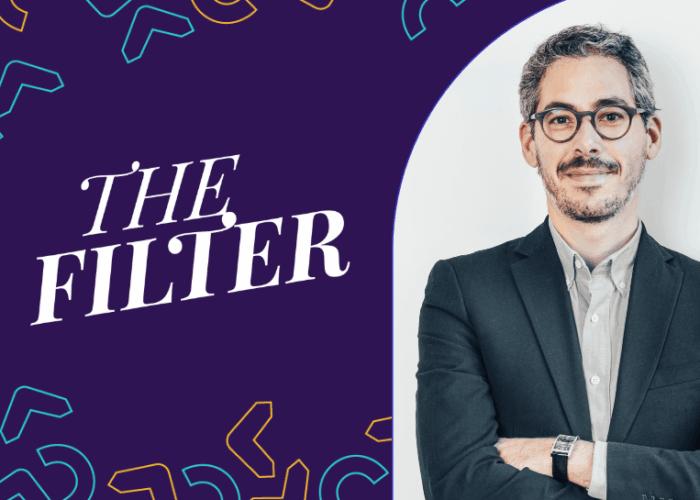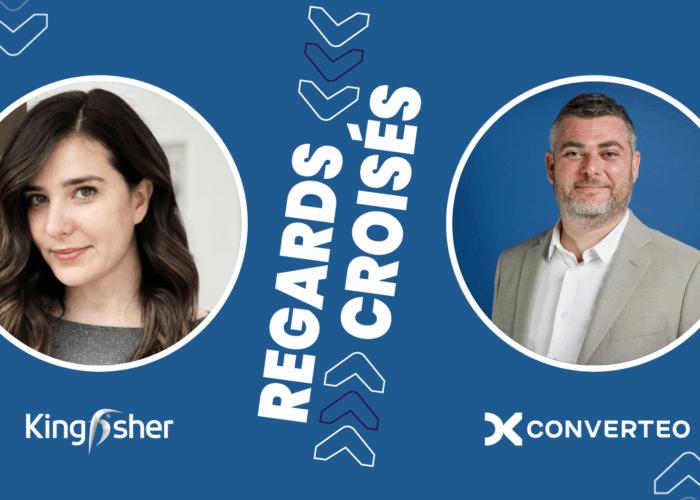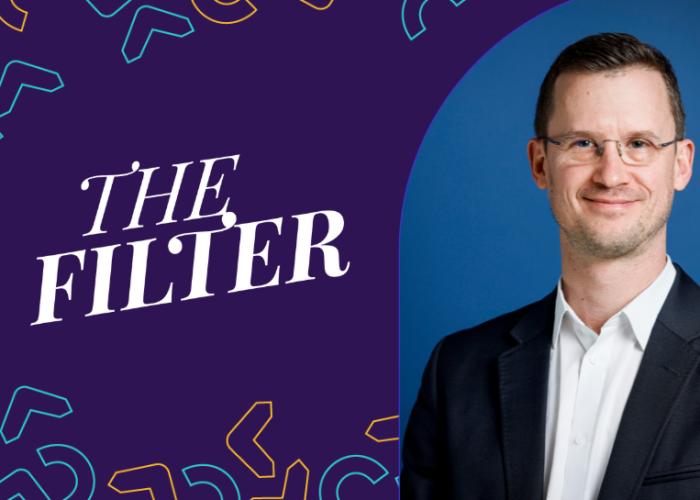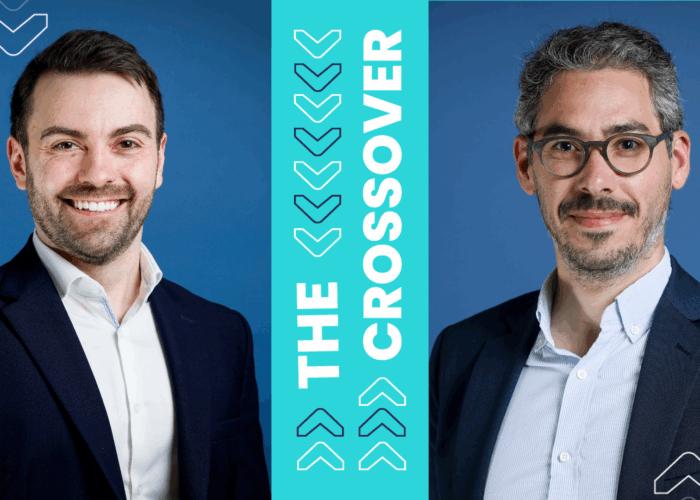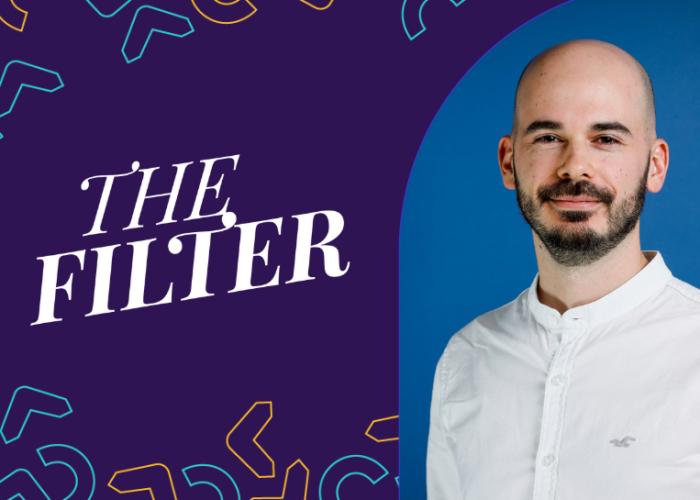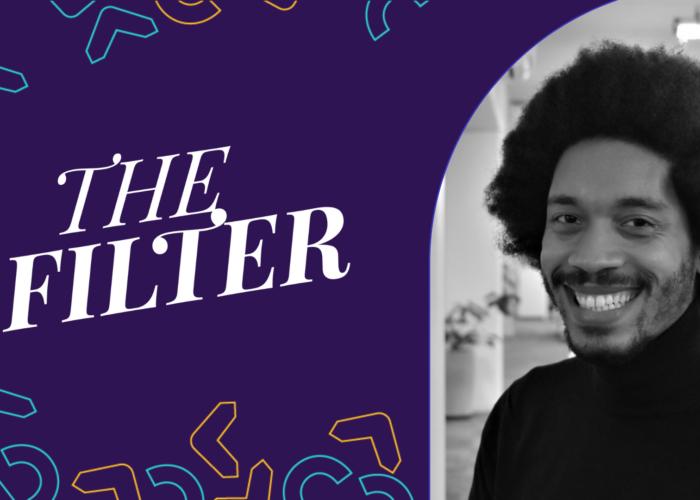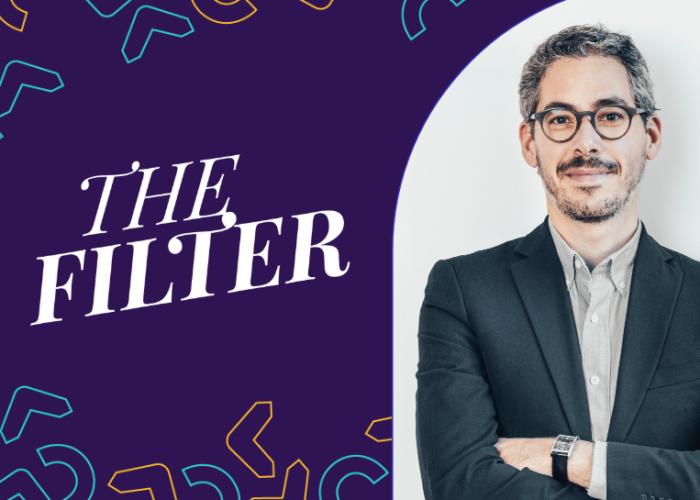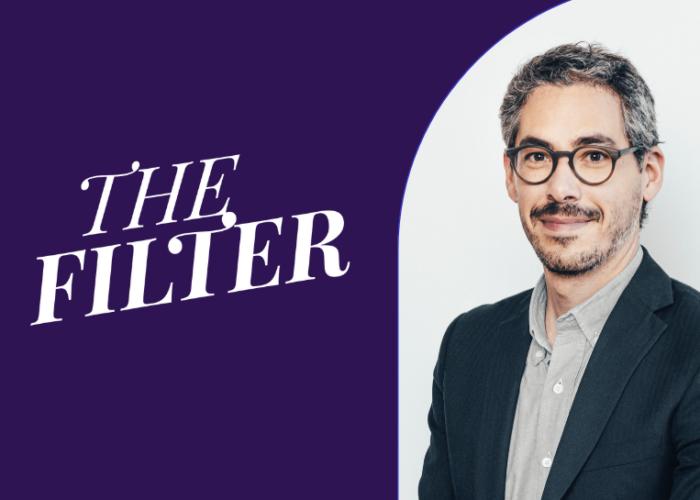The Transformation of Media Agencies: New Challenges and Opportunities
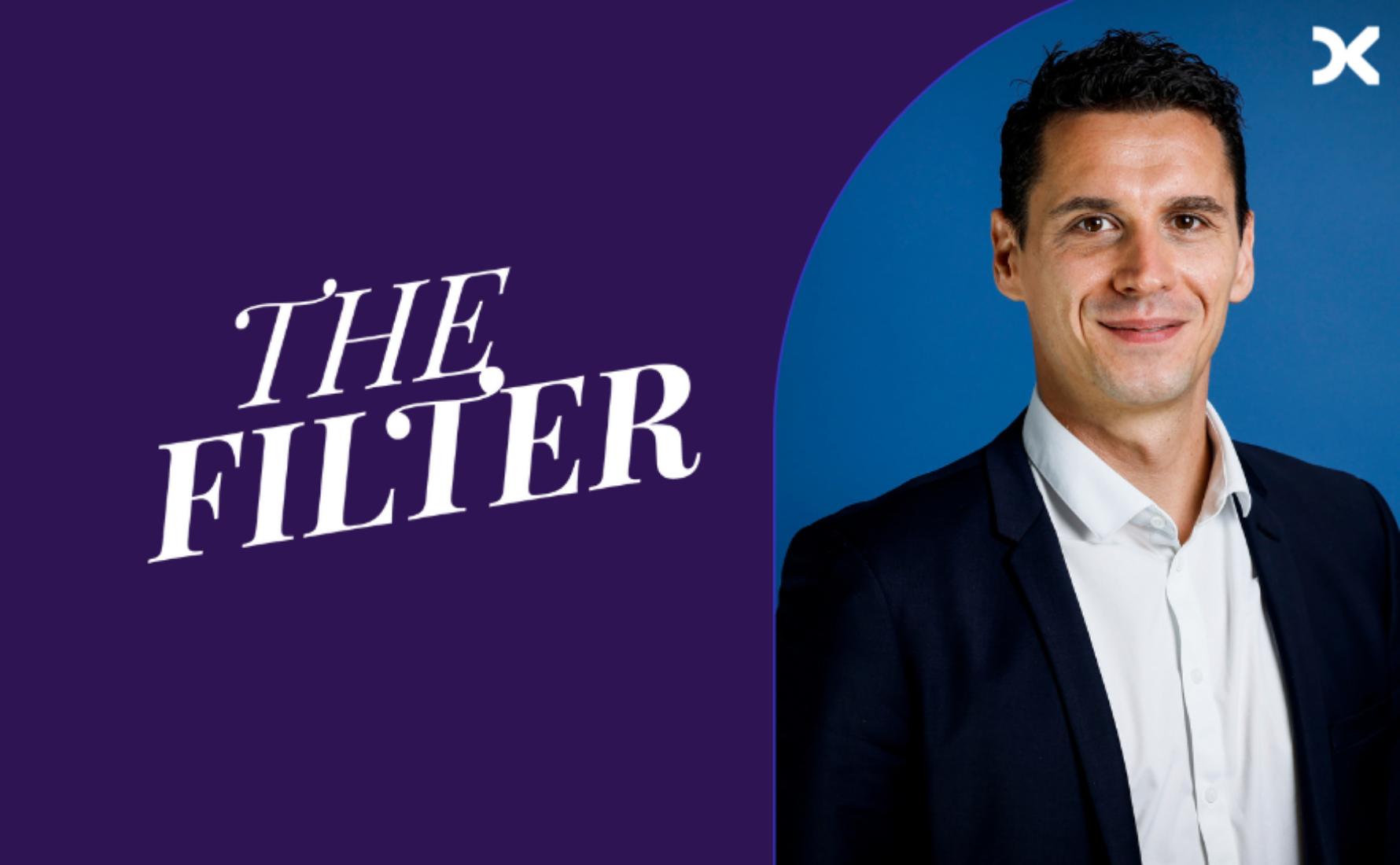
Following his 8 years in media agencies managing and coordinating media buying for major groups, Florent joined Converteo in 2019 as Media Manager to develop expertise within the firm and expand the practice. He provides an analysis of the evolution of media agencies, an ecosystem in turmoil and undergoing transformation.
A few months ago, the Think Agency 2023 event took place at Google, bringing together all the media agencies in the market to share Google’s vision of what the agency of the future should be. This was a first in the history of this series, where Google actively engages and challenges its ecosystem to drive change.
Key Takeaways:
- Increasing Automation: Google highlights the growing role of automation and AI in campaign management, with algorithms handling many tasks. This creates a level of opacity in result analysis and offers less control for operators and, ultimately, advertisers.
- New Expectations for Media Agencies: Media agencies must reinvent themselves by diversifying into areas such as creative services, data, and testing methodologies. Consultants’ skills need to become multidisciplinary, and organizational silos between teams should be broken to optimize performance.
- Change in Economic Model: Automation significantly reduces account management time, challenging the traditional economic model based on advertising spend percentages. Advertisers and agencies must consider how high-value tasks will be managed and compensated in the future.
Human vs Machine:
In recent years, there has been a significant acceleration in automation, particularly in Search Engine Advertising (SEA). This includes the use of new campaign types such as Performance Max (Pmax) and, more recently, Demand Gen, widespread adoption of smart bidding strategies, and the simplification of campaign structures with broad targeting and increased use of Dynamic Search Ads (DSA). All these trends aim to enhance campaign performance while reducing human control over optimization—essentially letting the algorithm handle it for you and save time.
We have all become accustomed to having less visibility, less control, and ultimately less understanding of campaign performance. Despite this, campaigns seem to achieve better results both in volume and value. This indicates that Google has effectively managed to convince the market to accept increased opacity in exchange for improved metrics in the Google Ads console.
Media agencies need to reinvent themselves!
At this point, the distinction between an experienced SEA consultant focused on campaign management and a junior operator is becoming less relevant. Platforms impose restrictions and limit access to precise data. Today, it is no longer necessary to have eight years of experience in Search to set up a Performance Max campaign, define a daily budget, a ROAS target, and wait for performance to improve.
Google has clearly reminded us that the time has come for diversification. Agencies must now demonstrate more transversal skills on related topics such as creative work, tracking, and the development of testing methodologies to learn and experiment. These diversification areas represent the new challenges for the agencies of tomorrow.
A profound transformation of teams and organizations
The main challenge for agencies will be to develop their consultants’ skills to make them multidisciplinary (data / media / business / tech / …). This means that training processes need to be completely overhauled to focus on learning about related topics (such as tracking, measurement, testing) rather than on historical pillars that are no longer relevant (structure, bid adjustments, quality score, precise measurement, …). This also requires revising recruitment criteria to emphasize finding candidates who, while perhaps less specialized, have broader knowledge of the ad tech environment.
Another significant challenge is evolving organizational structures within agencies to break down silos between areas of expertise. For example, bringing together data/tracking teams with media experts to refine key performance indicators and feed algorithms with more granular data. Or developing closer collaboration between product flow managers and operators to refine campaign structures and maximize SEA investment performance.
With some perspective, it seems relevant to envision these changes so that there is a more cohesive approach to media operations, which are currently highly siloed. This will also involve media management that is not only based on platform conversions but also on the advertiser’s business data, potentially linking it with MMM studies.
In summary, these are profound changes – driven by Google – that skillfully guide its main clients (the agencies) towards a mandated transformation to adapt to its products.
Towards a Revolution of Advertisers?!
Alongside this revolution of agencies, advertisers must also prepare for their own transformation. They should expect more from their agencies. With less campaign optimization and more reliance on automation, the focus should shift to high-value tasks. But is this really happening?
Just as expectations from media agencies need to be revised by advertisers, another crucial topic should be at the heart of discussions: the economic model of agency support (% spend or fees).
The rise of automation directly corresponds to a dramatic reduction in account management time. It is therefore unreasonable to consider that an advertiser who has shifted from a traditional, time-consuming “SEA” structure to Pmax should pay the same price (or more) while the partner spends less time on operational tasks. Alternatively, a question must be raised: have high-value tasks progressed significantly in the interim?
Have there been more in-depth analyses? More tests? More innovations on behalf of the advertisers? If the answer is no, this is problematic for two reasons: first, it diverges from Google’s vision of a 2023 agency partner, and second, the advertiser is still paying as much for a partner who is doing less.
At this stage, the shift is presented and well-received by those concerned. We will have to see in the coming months how agency structures, personnel, organization, offerings, and economic models will adapt to these new rules set by the leading player.
In our view, the ultimate test will be an agency partner’s ability to deliver the best possible media performance, their capacity to question themselves, and their ability to implement maturity projects driven by a test-and-learn approach.




